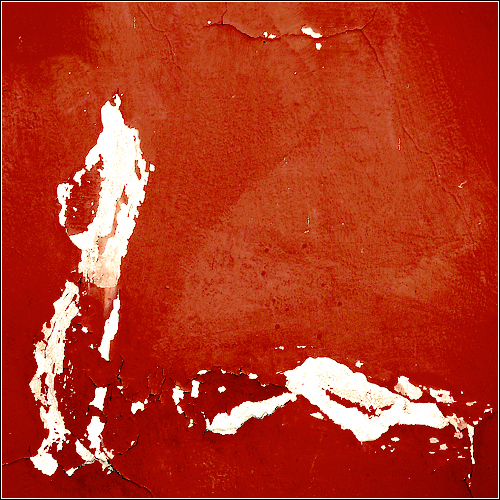

Not a comment about this article, which is great. Sounds like a new Professor Backwards is on the scene. Filed by Mark Liberman under Orthography, Phonetics and phonology.Her facility in doing this is remarkable. If we were actually to reverse the pronunciation she was given, again using the Reverse effect in Audacity, we'd get:Īnd if we were to reverse the surface phonemic sequence we'd get something like, or maybe if you believe that the final affricate should be treated as a unit (a sensible view that the powers-that-be in the IPA have apparently never been able to accept…).īut what Alyssa is doing, clearly, is thinking of the spelling, reversing the spelling in her mind's eye, and then pronouncing the string that results. This is a plausible way to pronounce the English letter sequenceīut it turns the "silent e" into the main stressed vowel of the word, pronounces the immediately preceding 'g' as rather than or, etc. Thus her reversed version of "garage" (pronounced to her as ) is : You can see the difference most clearly with the words that end in "silent e". She's reversing the order of the letters in the standard English spelling of the word, and then saying something that represents how she thinks that letter sequence might be pronounced.

Your browser does not support the audio element.Īnd what Alyssa is doing is something else again. Instead, the forward and backward versions would sound something like this (audio taken from the Merriam-Webster Online pronunciation of "clip", and reversed using the "Reverse" effect in Audacity): īut in fact, reversing the symbols is not at all the same thing as reversing the signal, and so a genuinely reverse-time version of "clip" would not sound anything like "pilk".

Thus "clip" would come out as "pilk", or "make" would come out as. There was a viral video on Youtube a couple of years ago that demonstrated this skill in a very striking way (" Reverse English", ).Īnother possible meaning for "talking backwards" would be pronouncing the surface phonemic segments of a word or phrase in reverse order. Ian Catford was especially good at talking backwards in this sense. He practiced by playing audio tapes backwards - and demonstrated the correctness of his performances in the same way. That is, your vocalization would be a good imitation of a time-reversed version of some normal utterance X. You might produce a vocalization BACKWARDS(X) which, when played backwards, would sound like X. There are several different things that "talking backwards" might mean.


 0 kommentar(er)
0 kommentar(er)
